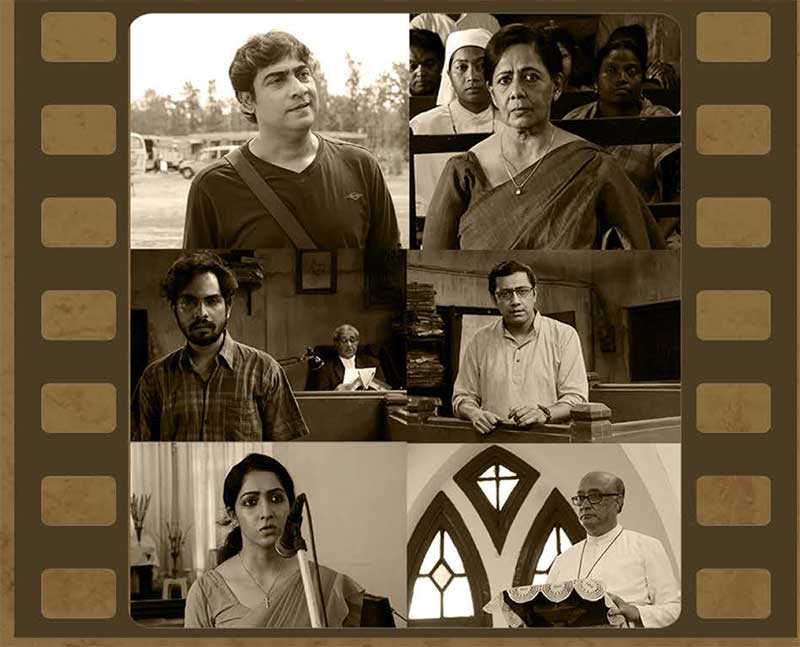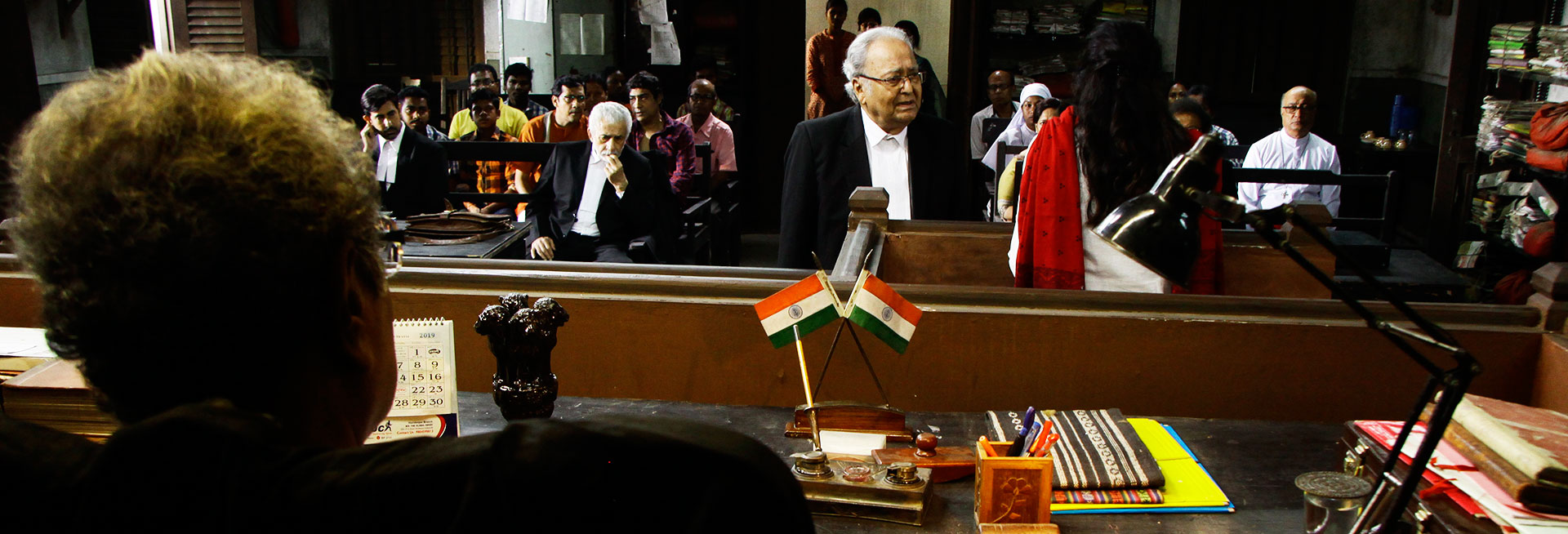The great explorer of the truth, the master-builder of human happiness no one rejects dislikes avoids pleasure itself because it is pleasure but because know who do not those how to pursue pleasures rationally encounter consequences that are extremely painful desires to obtain.
Read More
The protagonist of this story is Kunal Joseph Baske – whose father converted to Christianity to access social and educational opportunities for his son – who is now a teacher of science in a Christian missionary school in small town Hillolgunj, and is accused of refusing to follow the School’s doctrine to teach the Biblical “Story of Creation” before teaching Darwinian Evolution. He is subjected to suspension from service, and put into custody for purported crimes of uniting fellow teachers and students in attacking the institution, spreading vandalism in the school compound, refuting the school’s rules and obligations, and desecrating its values and faith. The teachers and students of the School are polarized into two opposing groups – one that supports Kunal’s decision of not teaching the scriptural text not included in the curriculum in a science class, and the other that is up in arms against his assumed attack on the Christian faith.
The Church, which controls the School, engages a high-ranking Bible-toting Christian lay preacher and advocate, Reverend Basanta Kumar Chatterjee, who is also a member of the Upper House of Parliament, and was even considered once as a Prime Ministerial Candidate by an opposition alliance. Kunal and his group are unable to match an advocate of his skill and eminence for his defence. He tries to garner the support of a famous human rights lawyer, Anton De Souza, who is now living in retirement in a nearby village. Fortunately, Kunal’s cause is taken up by Haranath Singha, a crusading, though cynical, journalist, who through the power of press brings national attention to the case. After a short struggle, he gets Anton De Souza on board to fight with him in his battle to save Kunal. Both sides are now equally matched for a courtroom battle. At the personal level, Kunal is torn between his ideals and his romantic involvement with the Pastor’s daughter Reshmi, a colleague who too is in love with him. Reshmi, caught between her father’s traditional and vengeful views and her personal feelings for Kunal, encourages him to capitulate to the Church. But the battle-lines are already drawn and withdrawal is out of the question.
Reverend Basanta Kumar Chatterjee and Anton De Souza are old allies who have fought many battles for the human rights of minority communities alongside other critical cases over social and legal injustice. Now they find themselves facing each other. In an effort to reach out to Reverend Chatterjee, Reshmi confides to him in private that Kunal was indeed disillusioned with the Church as a result of the death of a favourite student, whom the Pastor refused to bless even at his burial, because he was not officially baptized. She made Reverend Chatterjee guarantee that what she has revealed would remain a secret. But in the thick of the courtroom battle, Reverend Chatterjee brings her to the witness-box, and forces her to reveal her secret. In the battle that follows the court denies Anton De Souza a permission to find an expert on the subject as a witness to support his logic on the teaching of evolution. In his desperate bid to save Kunal he reveals that his client had in actuality refused to teach a Hindu fundamentalist text on ancient scientists of India’s Vedic Age, which the dominant Hindutva party was trying to force into the syllabus of the Christian missionary school.
Revelations follow upon revelations, and it becomes clear that Kunal’s disagreement with the School was in fact utilized by the Hindu fundamentalist political party for its own immediate electoral needs. The acts of vandalism, and the attack on the principal had been engineered by the fundamentalist party’s local chief (who interestingly is also a Santhal, but has turned to the dominant religion for his own personal political gains). Hillolganj is in turmoil, and the population is sharply divided, not only in the court, but also outside it. Political pressure keeps mounting, and finally, with the help of Anton De Souza’s skilful cross examination of the matter, the court is forced to acquit Kunal. Reverend Chatterjee, realises that he has so long been misinterpreting the scenario to think that he was fighting to save the rights of his minority Christian community, and is shaken by the revelation of the underlying intrigue. The disillusionment and the resultant shock leads to a quick deterioration of his old fragile being, leading to his sudden and unfortunate demise.
Haranath Singha is exuberant with the success he has got in his crusade against injustice against Kunal. Kunal’s supporters are also rejoicing. But Anton De Souza feels sorry about the sudden demise of his once comrade and recent adversary. He retreats into retirement again, as Hillolganj is caught up in the celebration of what is seen as a Hindu fundamentalist victory. In court however, Kunal had clearly declared that he was neither a Hindu nor a Christian, but a Santhal who was trying to come to terms with his own culture, and was witnessing a growing internal faith in his tribal Sarna religion. The question that remains at the end is – whose victory was it really? Or was anyone the victor at all?
The filmmakers acknowledge their debt to the famous Scopes Monkey Trial in the US in 1925, on which this film is loosely structured, but its content is authentically Indian, and highly contemporary.







